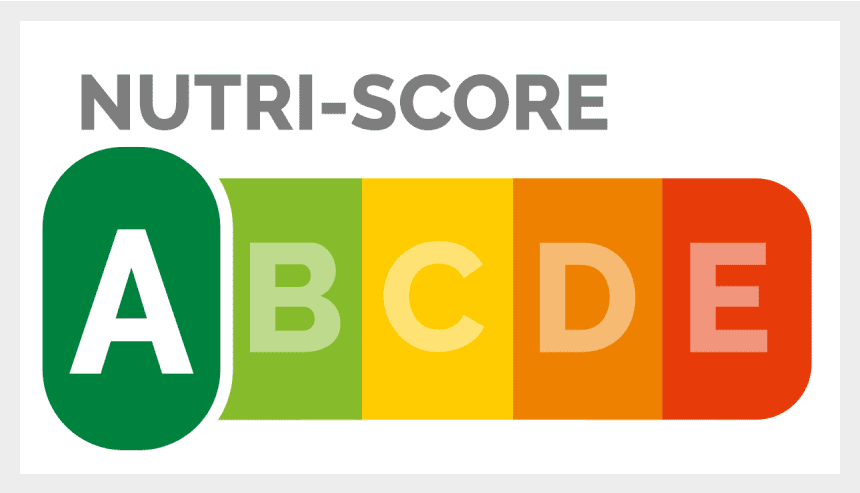Last month, the European Parliament adopted a non-binding resolution that calls for a stronger commitment from 27 European Union member states to cancer prevention.
While the majority of the 52-page document focussed on the role of tobacco products, pollution and updated drug regulations, the parliament also emphasized the role of a healthy and sustainable diet.
The resolution “asks the [European] Commission and the member states to encourage and help consumers to make informed, healthy and sustainable choices about food products by means of the adoption of a mandatory and harmonized E.U. front-of-pack nutritional label that is developed based on robust and independent scientific evidence.”
See Also:Nutri-Score Adoption Can Help Curb Cancer Epidemic, Researchers SayTo this end, the European Commission previously committed to selecting a single front-of-pack food label to be rolled out across the 27-members block by the end of the year.
Of the various candidates, Nutri-Score continues to be the front-runner. However, Nutrinfrom Battery, the Italian rebuttal to Nutri-Score, and the Keyhole food label used widely in Nordic countries are also being considered.
“It is true that the resolution asks for the food labels to be made mandatory, but let us underline that the resolution does not represent a binding document, it is a recommendation,” Paolo De Castro, a member of the European Parliament (MEP) on the agriculture and rural development committee, told Olive Oil Times.
He added that the parliament rejected the idea that FOPLs should add a new rating category for alcoholic beverages.
“The approval of one of my amendments is due to the fact that MEPs agreed that in order to fight cancer, it is very necessary to curtail the abuse of alcohol but not to criminalize its consumption,” De Castro said. “That is why we ended up talking about Nutri-Score, as it was going far ahead against alcohol beverages.”

Nutri-Score is a traffic-light style FOPL that grades packaged foods on the basis of the presence of macronutrients such as fat, calories, sodium and sugars in a 100-gram or ‑milliliter food sample.
Its scores range from the healthiest “Green A” down to the “Red E” (all categories of olive oil receive a “Yellow C”). However, Nutri-Score’s creator has proposed the addition of a “Black F” for alcoholic beverages.
Serge Hercberg told Food Navigator the “Black F” label is being considered because “all alcohol beverages are demonstrated, among them wine, to have deleterious effects on health even in low doses, especially for cancer.”
“This does not mean that we say not to drink them or ban them,” he added.
Despite his caveat, critics of Nutri-Score remain loud and vocal. Some parliamentarians, including De Castro, continue to sour on the idea of a uniform food label, arguing that education may be more effective in a continent as multi-cultural as Europe.
“Any kind of rating or traffic light focused on a single food will always be discriminatory, given the wide differences among nutritional cultures,” he concluded. “We need to focus on food education and not on simplistic and inevitably discriminatory labeling systems.”








